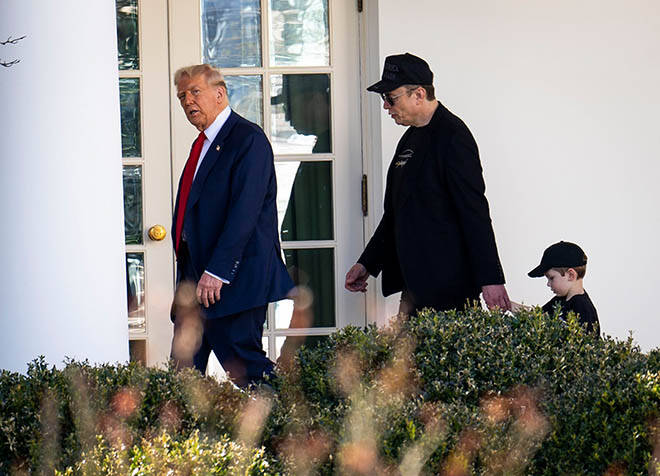State confirms 2 cases of whooping cough on Hawaii island
Hawaii Department of Health officials said today that it is investigating two confirmed cases of pertussis — also known as whooping cough — along with eight probable cases on Hawaii island.
The cases are among two separate households with travel-related exposures on Hawaii island. Both have school-aged children who attend local schools but in two geographically distinct areas of the island.
None of the patients are hospitalized, health officials said.
“DOH is working with the families and schools to identify close contacts and encourage them to seek medical attention for preventive care as well as testing if symptomatic,” according to a department news release.
These two confirmed cases follow five that were confirmed among five members of one household visiting Oahu in February, including a child who was hospitalized.
DOH said these newer cases on Hawaii island are not connected with the February cluster.
Don't miss out on what's happening!
Stay in touch with breaking news, as it happens, conveniently in your email inbox. It's FREE!
Pertussis Opens in a new tab is a highly contagious respiratory illness caused by bacteria, which can spread easily from person to person through the air, according to the U.S. Centers for Disease and Control Prevention. In its early stages, pertussis may begin like a common cold, but can cause severe coughing fits in later stages that last up to 10 weeks or more, followed by a high-pitched “whoop” sound when breathing in.
It can lead to serious complications, especially in infants, such as pneumonia, dehydration, seizures, and brain damage.
Infants who catch pertussis may not cough at all but may experience life-threatening pauses in breathing or struggle to breathe, Health Department officials said.
Those diagnosed with whooping cough should avoid contact with others until no longer contagious, according to the CDC. People can spread the bacteria from the start of the very first symptoms and for at least two weeks after coughing begins.
Taking antibiotics early in the illness, however, may shorten the amount of time someone is contagious.
The Health Department recommends staying up to date with recommended whooping cough vaccines, which in the U.S. include DTaP and Tdap.
Hawaii, however, is now lagging behind the rest of the nation in its 2022-2023 kindergarten coverage rate for DTaP, which was 87% compared to a national average of 92.7%, according to CDC data.
Compared to the previous year, Hawaii also recorded the largest increase in vaccination exemptions.
Health officials encourage parents who are hesitant about vaccination to discuss their concerns with their child’s health care provider.
From 2019 to 2023, there were 90 confirmed and probable whooping cough cases reported in Hawaii, including 28 linked to three outbreaks.






